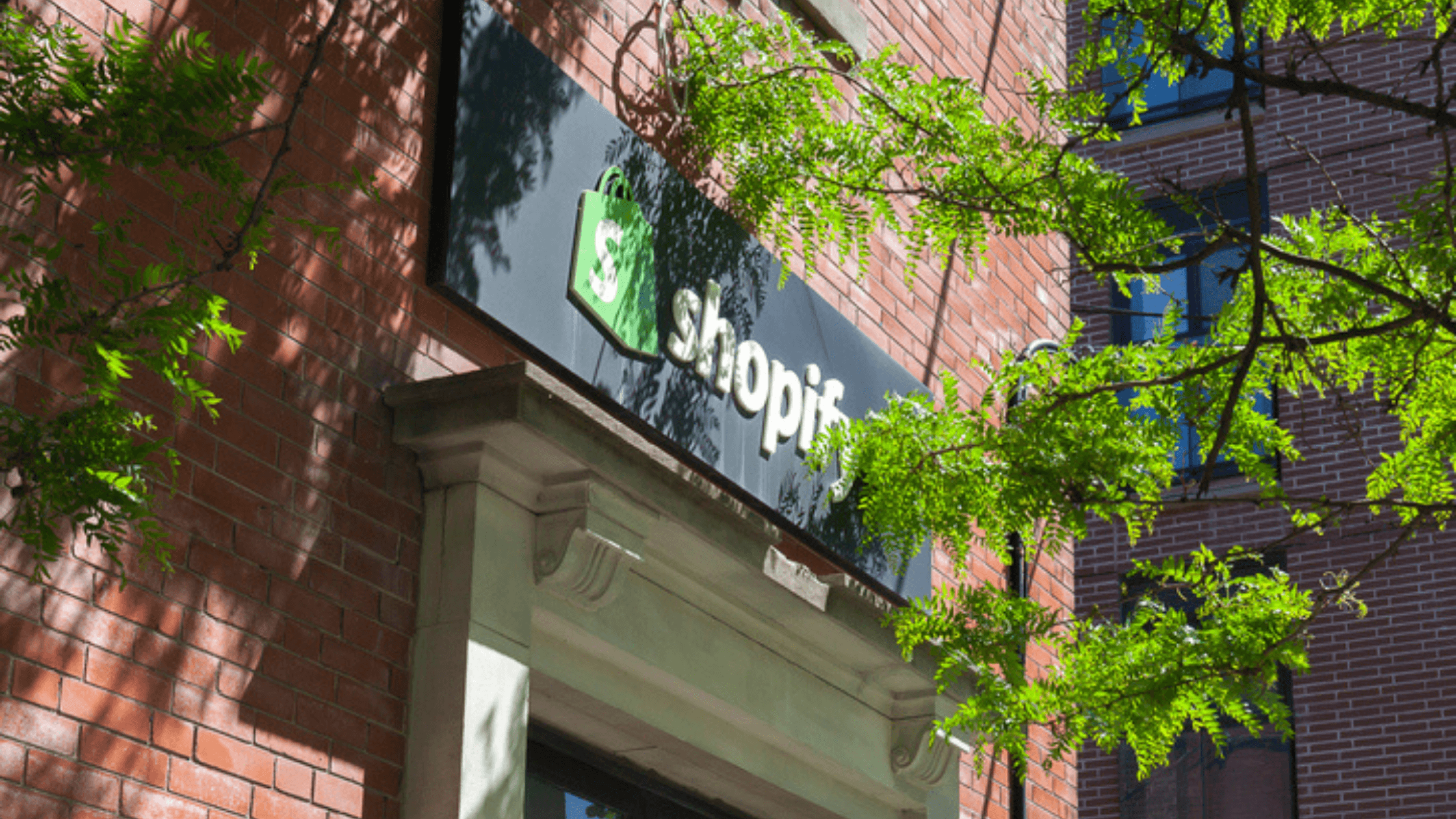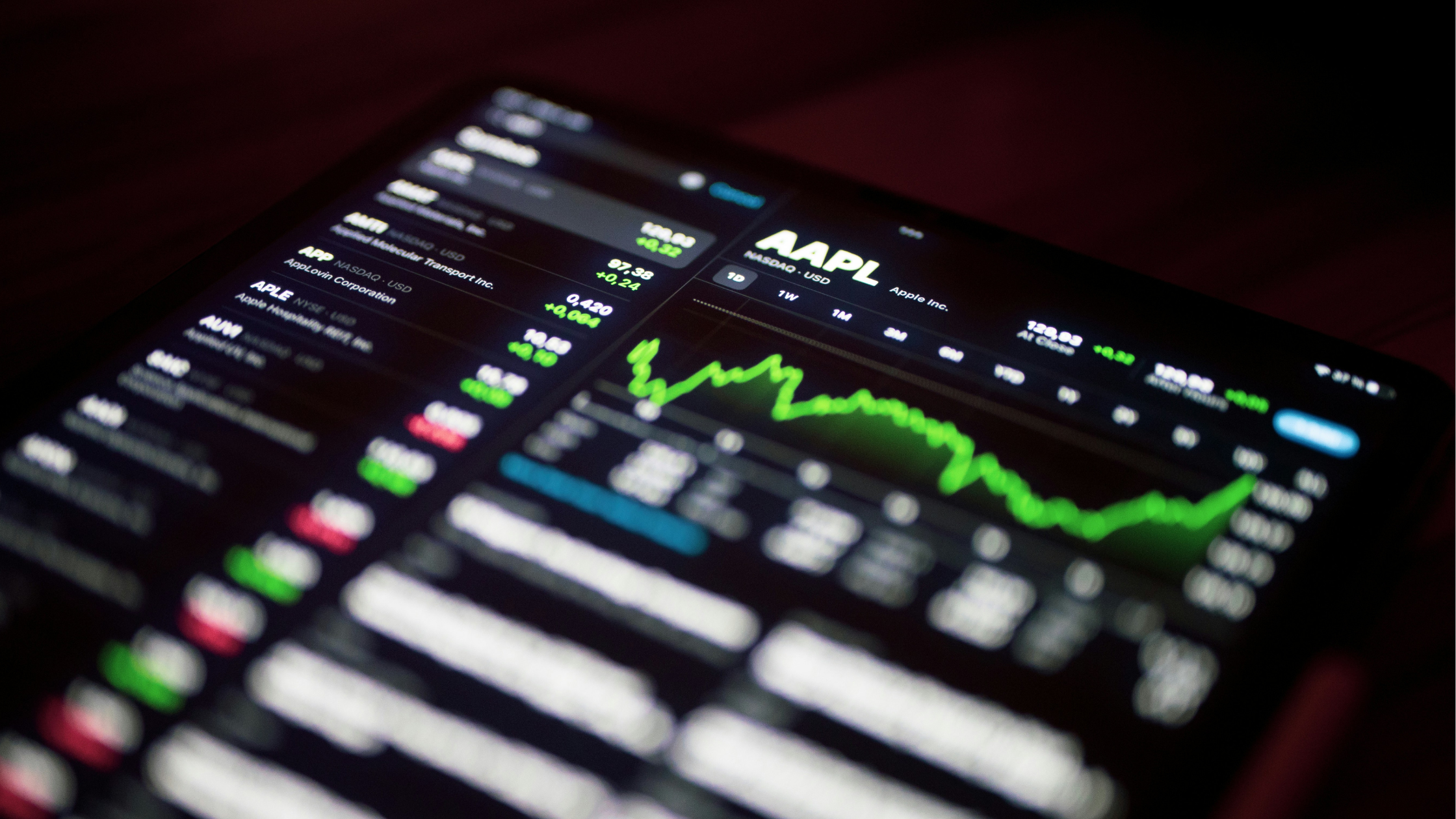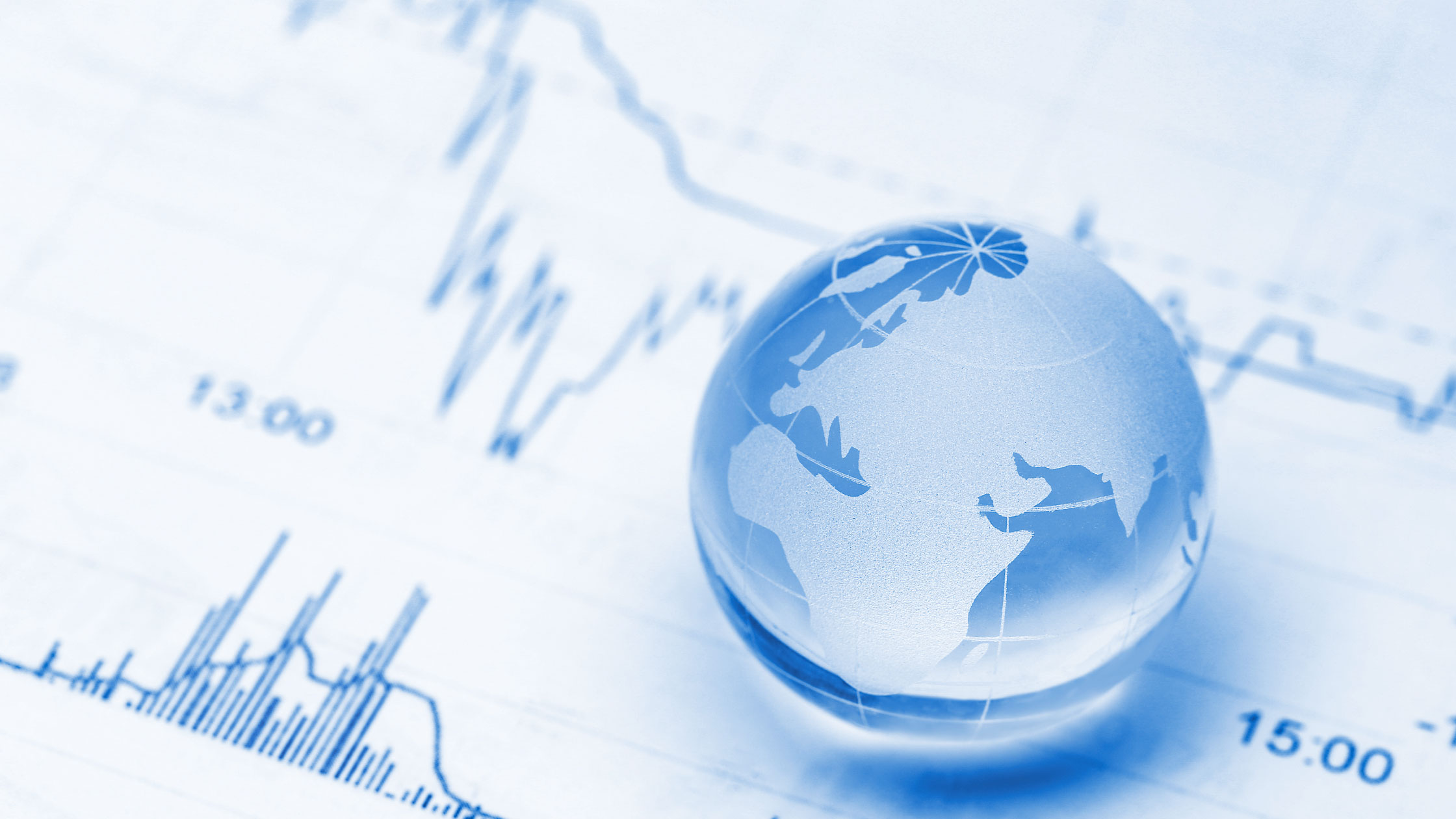Manchester United Put Up for Sale: Will Shareholders Benefit?
November 29, 2022

The Glazer family, who own Manchester United, are open to selling Manchester United PLC (NYSE: MANU).
A Manchester United statement confirmed plans to identify “strategic alternatives” and said that the process will consider a number of options “including new investment into club, a sale, or other transactions involving the company.”
A news update said that Apple Inc (NASDAQ: AAPL), the world’s largest company by market capitalisation, is interested in buying Manchester United for £5.8 billion (US$7 billion).
The news sparked interest in Manchester United stock as its share price jumped by more than 25% to US$18.80. The uptrend has continued as share price closed at US$21.25 yesterday.
So, how will the sale of Manchester United affect shareholders?
1. Manchester United’s commercial value on a downtrend
Like any sports club, Manchester United’s commercial value depends on its team’s on-field performance.
However, since the retirement of Sir Alex Ferguson over a decade ago, Manchester United has struggled under various managers.
Despite hefty investments into its first team over the years, the failed high-profile signings have led Manchester United to lose its status as a Premier League title contender.
The club’s on-field struggles have led to a decline in its commercial value.
While revenue during 2020 was affected by COVID-19, Manchester United’s revenue has not returned to the US$700 million-plus level in 2021, a level that was last achieved in 2017.

Source: Statista, ProsperUs
2. Value to shareholders depends on buyer’s profile
The impact of the Glazers’ sale on shareholders in the long term depends on the new owner’s profile.
This is as football is an expensive sport and requires extensive investment to build success.
The new owner will have to improve capital expenditure to stimulate business growth, invest in the football infrastructure, maintain its stadium, and invest in new football stars to return the club to success on the field.
The club’s rich history will reignite support if Manchester United can return to winning ways but it would require the new owners to invest in these new activities to drive success.
3. Who are the potential bidders for Manchester United?
Investors should pay attention on who these potential bidders are.
I have compiled a list of potential bidders and what it means for existing shareholders.
- Apple Inc. If Apple were to in fact acquire Manchester United, it will make Manchester United the richest club in the world, surpassing Spanish’s football club giants, Real Madrid and Barcelona. The tech company has no experience of owning a football club but Manchester United and Apple’s strong brands could provide a synergy that generate value for shareholders. Apple also has the capacity for the additional investments required to turn Manchester United into a football giant again.
- Britain’s richest man, Sir Jim Ratcliffe. He has previously stated his desire to buy Manchester United but backed off when the Glazer family insisted that they were not selling. With an estimated net worth £20 billion, Ratcliffe would probably need to buy the club with other interested partners. On a positive note, Ratcliffe is a Manchester United fan, who would be more willing to invest into the club for the long term.
- Dubai International Capital. Dubai International Capital (DIC), the investment arm of Dubai’s sovereign wealth fund, has about £13 billion of assets. If DIC were to acquire Manchester United, it would follow in the footsteps of other Middle East sovereign wealth funds, such as Abu Dhabi that bought Manchester City, the Saudis with Newcastle United and Qatar that owns PSG. From these experiences, investors should expect to see investment into the football club to improve on-field performances.
New ownership beneficial to shareholders
There is a lot of optimism on the new ownership of Manchester United as seen by the market reaction.
However, investors need to take into account the club’s declining commercial value, its status and club’s on-field performance, its high debt-to-equity ratio of 5.02 times as well as the ability of new owners to spend on football infrastructure.
Investors also need to understand that investment into a football club is expensive and subject to various external factors, such as the on-field and financial performance of the club.
Currently, Manchester United is trading at US$21.25 per share with a market cap of around US$3.5 billion.
A sale of the club would double the market value to a range of around US$6.0 billion and above.
I believe investors can take advantage of the rise in market value due to the sale of the club but will need to wait for more clarity if one wants to invest in the biggest football club for the long term.
This means that the sale of the club will require a structural change that can achieve on-field success.
Disclaimer: ProsperUs Investment Coach Billy Toh doesn’t own shares of any companies mentioned.

Billy Toh
Billy is deeply committed to making investment accessible and understandable to everyone, a principle that drives his engagement with the capital markets and his long-term investment strategies. He is currently the Head of Content & Investment Lead for Prosperus and a SGX Academy Trainer. His extensive experience spans roles as an economist at RHB Investment Bank, focusing on the Thailand and Philippines markets, and as a financial journalist at The Edge Malaysia. Additionally, his background includes valuable time spent in an asset management firm. Outside of finance, Billy enjoys meaningful conversations over coffee, keeps fit as a fitness enthusiast, and has a keen interest in technology.







